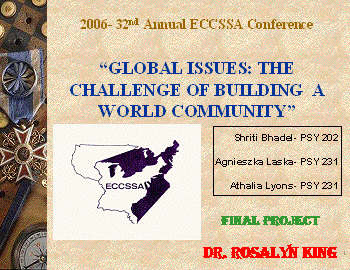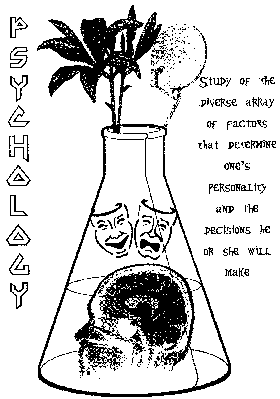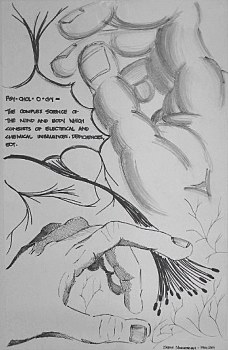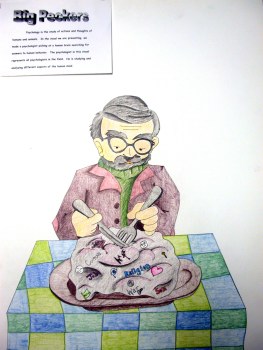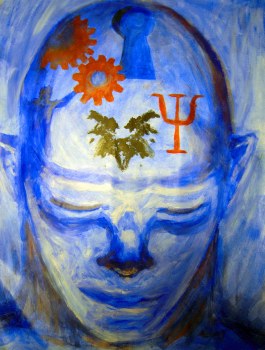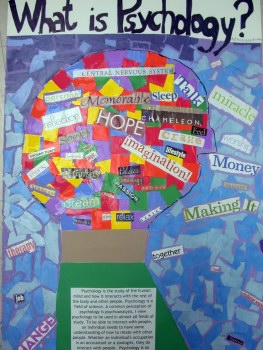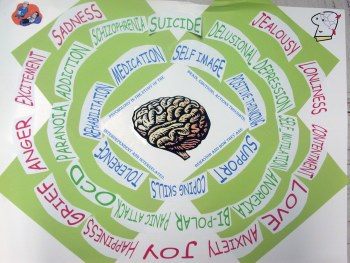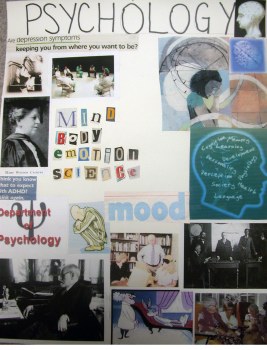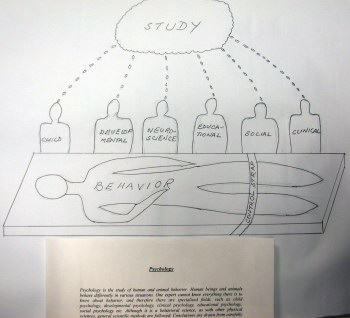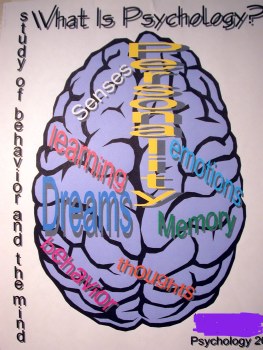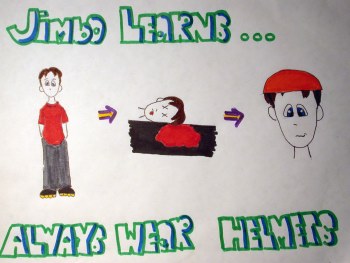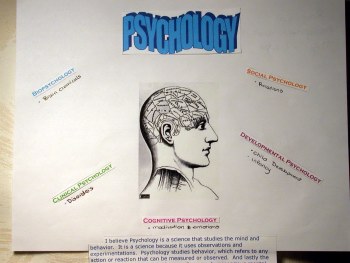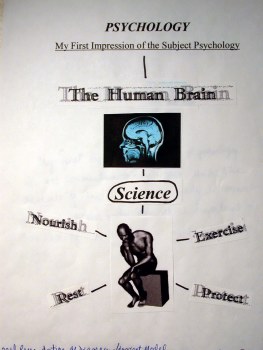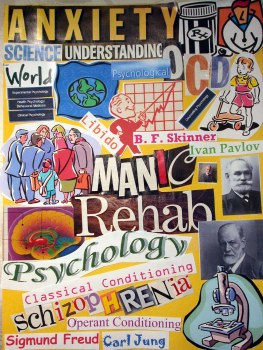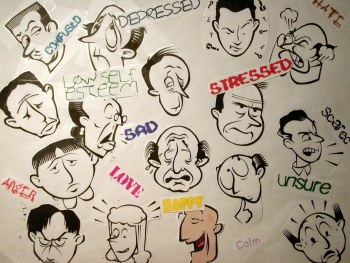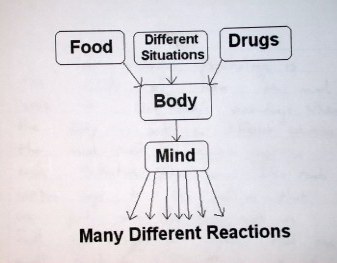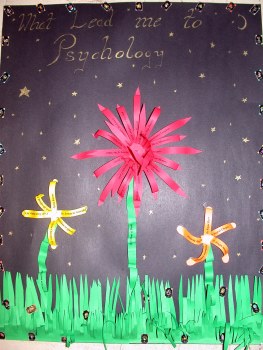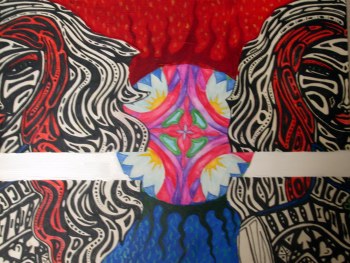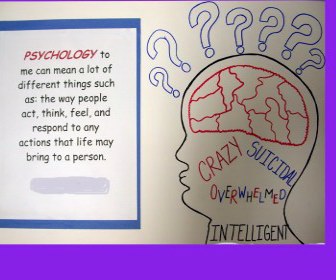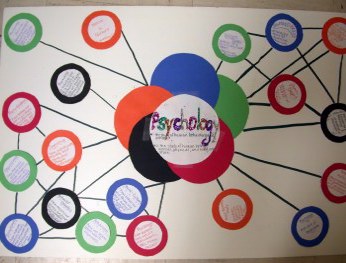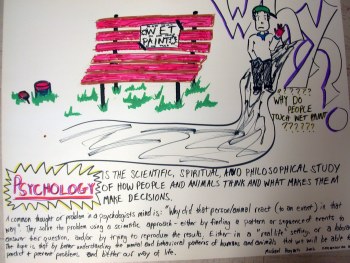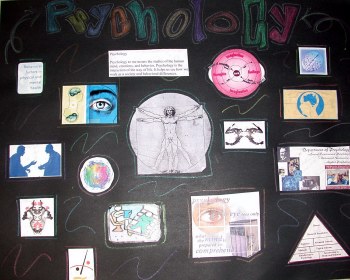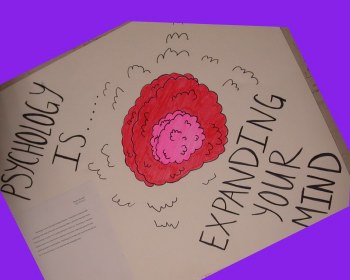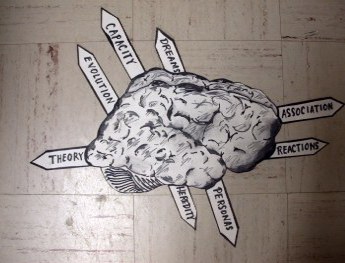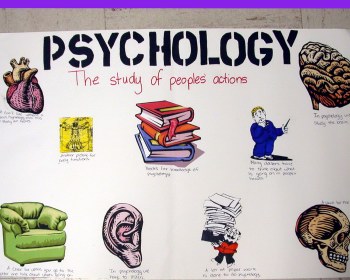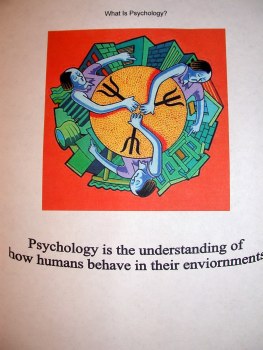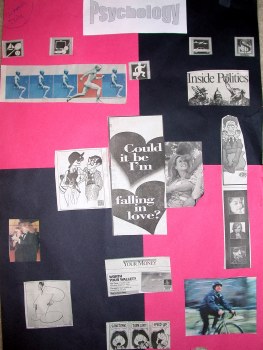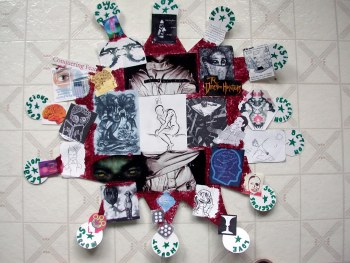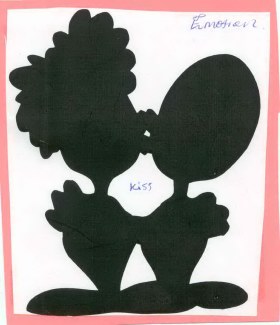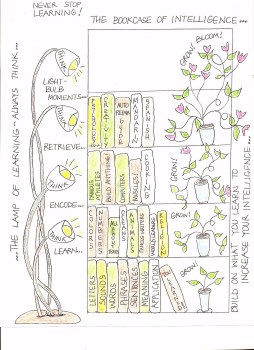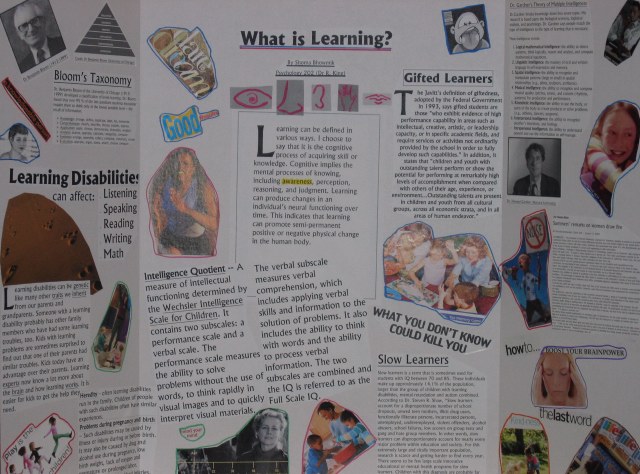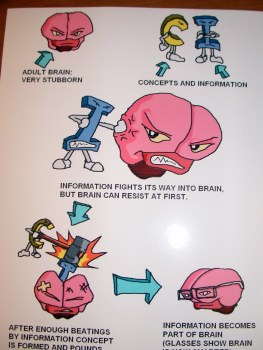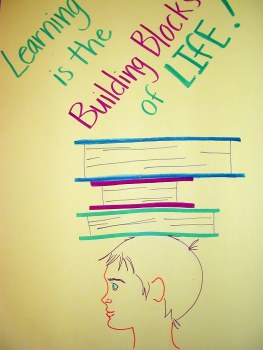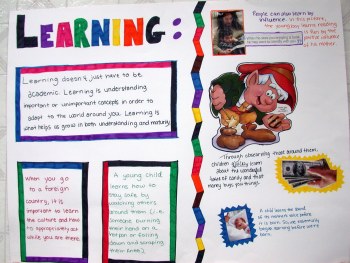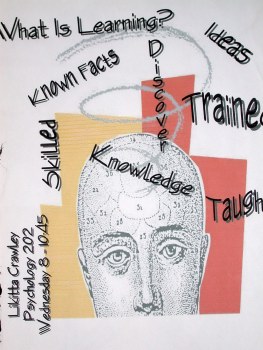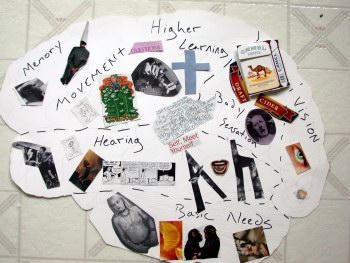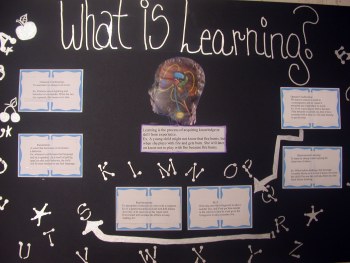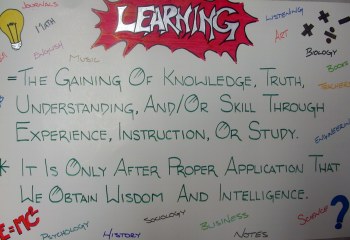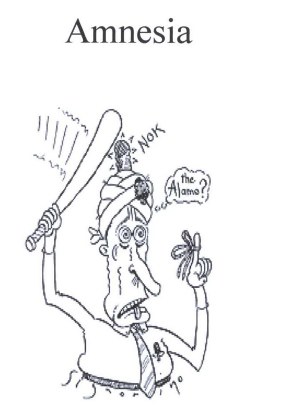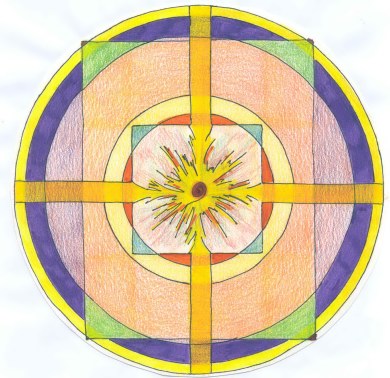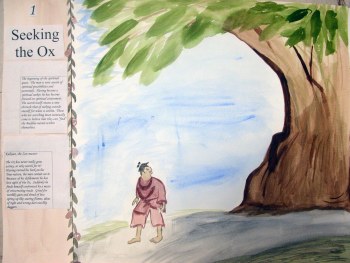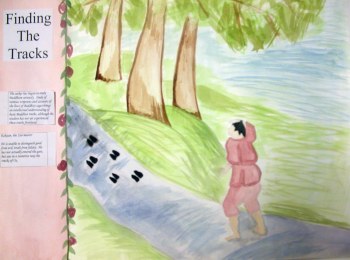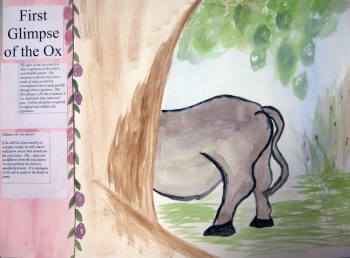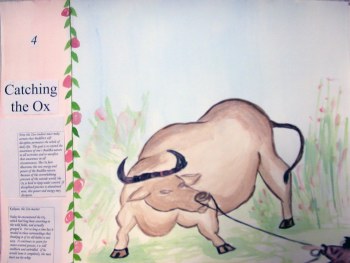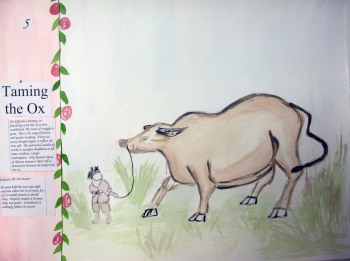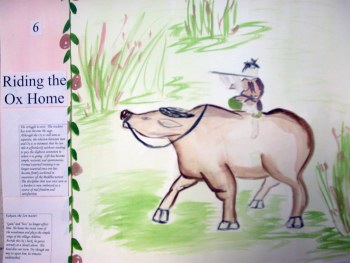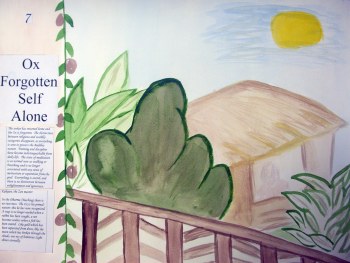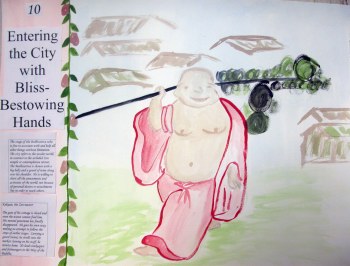STUDENT PROJECTS & WEB SITES
(Scroll down to see all the different types of student projects on this page.)
Student Digital Research, Projects, Portfolios & Journals
2022
2021
Digital Portfolio-The Secret of Emotions
2020
Reflective Journal #1
Reflective Journal #1
Infographics
Digital Research Paper
Media Impact on Development
Web Site
2013
Reflective Journal #2
Examples of Student Digital Portfolios and Digital Research Papers
2018
Digital Research Project
Memory
Tatiana Zakharova
2016
Digital Portfolio
The Mozart Effect
Digital Research Project
Teratogens & Thier Effects on Pregnancy
2013
Digital Portfolios
Psychology: The Study of the Mind
A Portfolio on Development
Are We So Different?
____
Spring 2018
Psychological Science Fair Winners
(Due to missing a few classes because of snow this semester, the PSY Fair
was conducted virtually and limited to my classes only.)
Best of Fair
Web Site
Meena Zamani
___
Video Production
Jonathan Cawood and Dylan Smith
First Place
__
Digital Poster Presentation
The Future of Sensation
Jade Gent
Second Place
__
Infographics
Imagination
Tatiana Zakharova
__
Digital Research Project
Memory
Tatiana Zakharova
__
Third Place
Digital Research Project
Methods of Birth
Natalie Buczek, Lauren Hilliard, Avi Virk, Gretel Kreider
________________________
Other Student Projects and Web Sites
Digital Reflective Journal
_
Game
Play Jeopardy (Darian Smallwood)
__
Digital Poster
Digital Poster-What is Psychology (Kathia Maradiaga)
___
___
The Secret Life of Twins
___
Nick Halleran
Digital Presentation and Research Paper:
Psychological Experiment: "Fright Night"
Click on Digital Presentation or Read Research Paper Below:
___
Alex Nieves and Cesar Liendo
“The Emotion of Love”
Erin Hoover, Abdul Sesay, and Ali Aslam
___
PSYCHOLOGY 201-INTRODUCTION TO PSYCHOLOGY I
Concept Models - What is Psychology?
Psy.chol.o.gy
The complex science of the mind and body which consists of electrical and chemical imbalances and deficiencies.
Psychology is the study of actions and thoughts of humans and animals.
In the visual we are presenting, we made a psychologist picking at a human brain searching for answers to human behavior.
The psychologist in this visual represents all psychologists in the field. He is studying and analyzing different
aspects of the human mind.
What is Emotion?
PSYCHOLOGY 202-INTRODUCTION TO PSYCHOLOGY II
Learning and Intelligence
What is Learning?
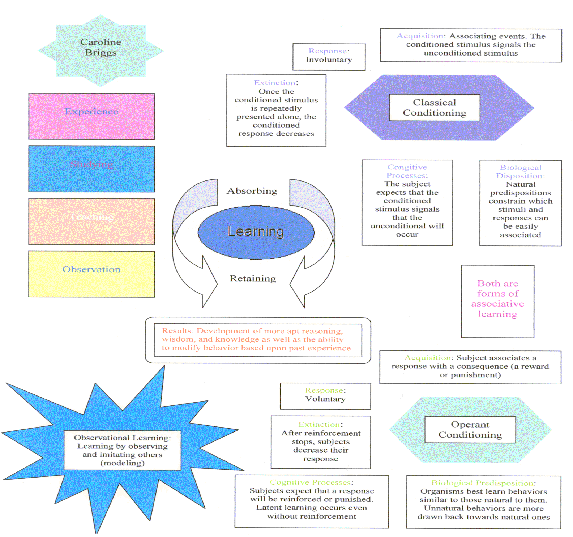
Learning is the process by which we gain information and/or skills and thus can modify our behavior accordingly. Having learned something, one is presented with a choice on how to behave. For example, if a child learns that when he achieves high test scores his parents reward him with privileges, he then chooses how to behave based on how badly he would like those privileges. The process of learning can be attained through experience, listening, observing, studying or teaching. Once new information or skill is absorbed, it is retained and then learned. This is an all encompassing process that begins in the womb and ends only in death. While learning is a natural process, those behaviors that happen naturally are not considered learned. For instance, when being chased by a bear, the fact that one's adrenaline and heart rate increase and that one has the natural urge to run is not learned. On the other hand, if one chooses to run in a certain direction because he watched a special on the discovery channel which showed that one should not ever get between a bear and its cub, that modification in behavior is a reflection of learning. Learning alters how we perceive stimuli and our environment. It changes our mind and body. It is the process by which throughout life's many different experiences and turmoil one develops more apt reasoning, wisdom, and knowledge and is able to modify their behavior accordingly. C. Briggs
_____________
S. Bhowmik
Theories of Personality-Psychology 225
Final Portfolio:Mandala- A. Baldwin (Original Art)
"I made this mandala with Carl Jung and Zen Buddhism in mind. Jung was right. The process was soothing and satisfying to an extent that I did not anticipate. The radiating sun or explosion in the center illustrates the fire I feel inside me that remains naive and unordered. The surrounding circles represent a peace that I see in the whole that has not yet fully penetrated my inner self."
__________________
Final Portfolio: Zen Buddhism
R. Bajpai (Original Art)
Grand Prize Winner- Spring 2004 Psychology Fair
Psychology 232-Lifespan Human Developmental Science II
Adolescence (PowerPoint)
